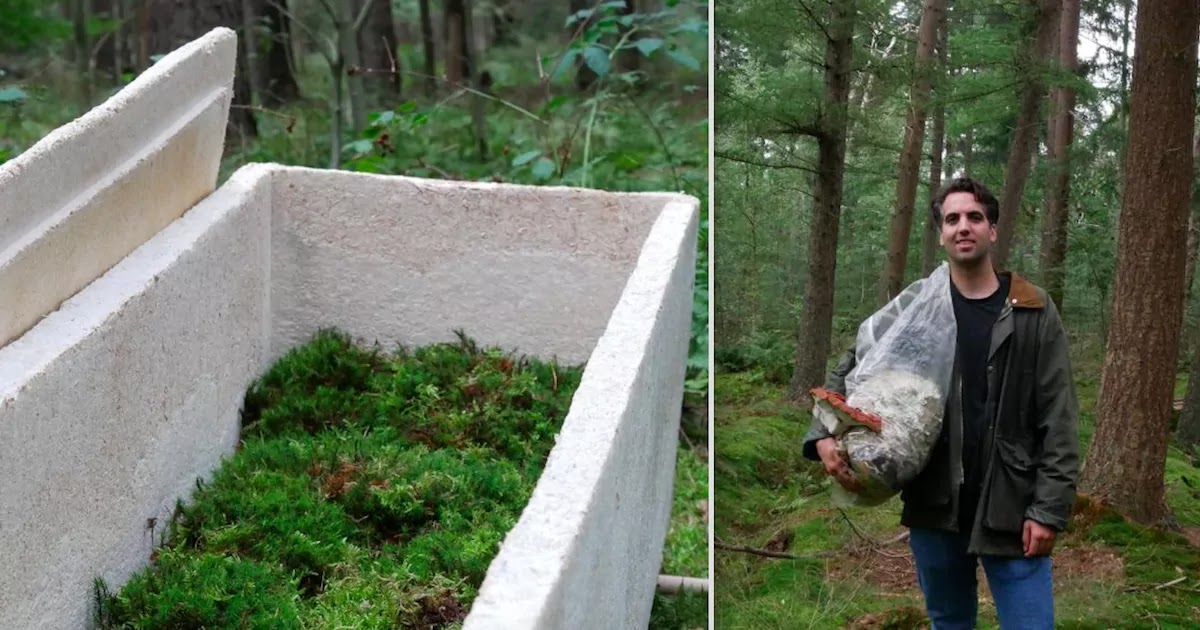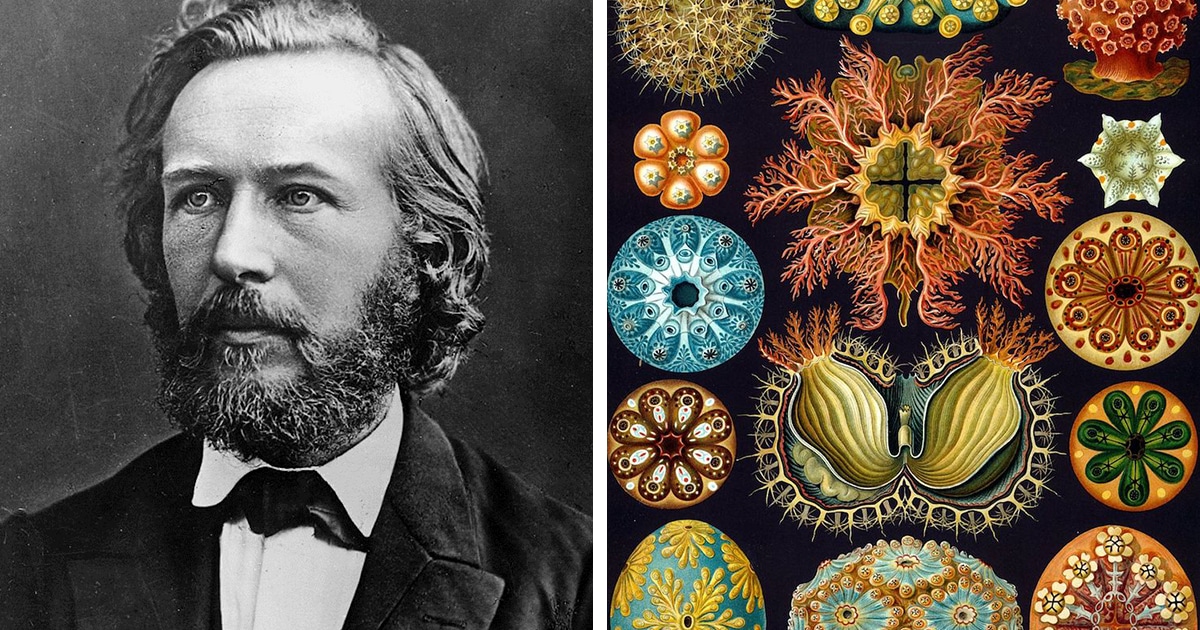When we pass on, many of us wish to give something back, not only to our friends and family by way of a financial sum in a will, but also to the wider natural world. Thanks to this amazing new invention by a young Dutch designer we can.
26-year-old Bob Hendrikx, who is a bio-designer at the University of Delft, has designed a new ecological coffin made of mycelium, that allows people to be turned into mushrooms. Mycelium makes up the roots of most mushroom species. The unique coffin means that the nutrients that are produced as the body degrades leaks into the mycelium and into the wider environment.
The new design is perfect for those people with an environmental conscience who wish to see nature bloom after we are gone. The mushrooms themselves go on to provide nutrients for animals and bird-life and therefore fuels the whole ecosystem. In effect, your body lives on in nature.
Mycelium is also well known for soaking up industrial by-products and has even been shown in places with nuclear activity to soak up radiation.
Hendrikx said of his wonderful new creation:
"Mycelium is constantly looking for waste products–oil, plastic, metals, other pollutants–and converting them into nutrients for the environment. This coffin means we actually feed the Earth with our bodies. We are nutrients, not waste."
"Takes one week to grow and then, containing the body of the deceased, takes an estimated two to three years to decompose."
This is unlike conventional coffins which take years and sometimes decades to return to the Earth and in which the body does not return to nature.
The coffin costs around $1,350, which is somewhat cheaper than many conventional coffins, and one 82-year-old woman recently became the first to be buried in one of these new units.
Hendrikx's company, Living Cocoon, owned by the parent company Loop, hopes that one day all coffins will be made this way and they are now aiming to have policy makers turn wastelands into blooming ecosystems through the use of them as graveyards. It is also suggested that the bio-degradable mycelium can be used to build other items traditionally made from plastic, which will in turn seriously cut down on the impact plastic waste has on the environment.
















COMMENTS